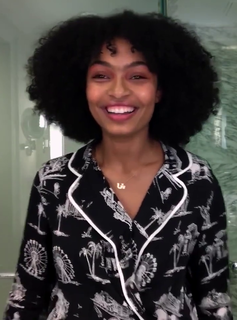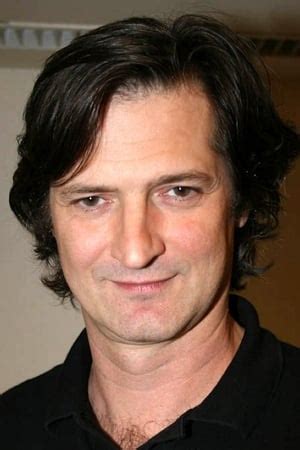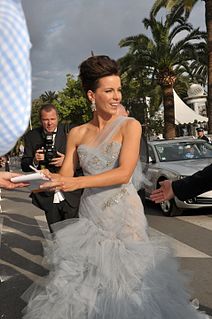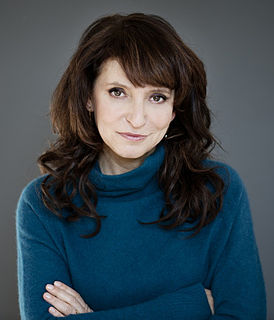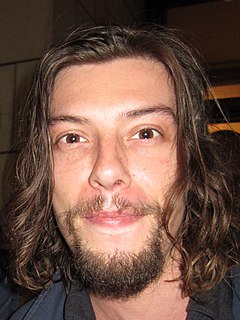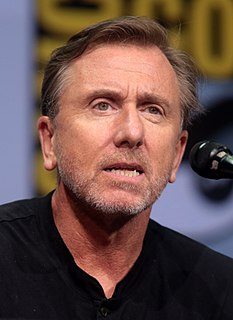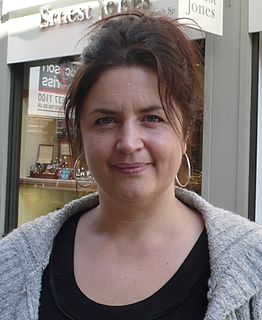A Quote by Yara Shahidi
Scenes change all the time. Scenes will change while you're shooting them, and you just have to roll with it 'cause that's what makes it funny. It's not being stuck in your character and how you're gonna do something, but to react to other people and to really have a real-life conversation.
Related Quotes
Somebody comes to your house. You know they're coming, so it's not a surprise. And they give you an envelope that has your scenes in it. And they sit in the car outside for a half an hour while you read your scenes, then they ring your doorbell and you give your scenes back. Then you shoot the movie a few weeks later or something. The next time you see your scenes is the night before you start shooting. I never read the script [Blue Jasmine], so I didn't really know what it was about.
The very dull truth is that writing love scenes is the same as writing other scenes - your job is to be fully engaged in the character's experience. What does this mean to them? How are they changed by it, or not? I remember being a little nervous, as I am when writing any high-stakes, intense scene (death, sex, grief, joy).
There is a part of yourself that is not subject to change, it is the silent witness behind the scenes. That is essentially your spirit, the spirit being an abstract but real force. It is as real as gravity. It is as real as time. It is incomprehensible. It is mysterious but it is powerful and it is eternal.
I think you approach a part the same way and just find out in what's making them tick and who they are. In a movie like this you may have a little less time and few dialogue scenes and exposition scenes for your character to really get that across, and so I wanted to be able to convey that she's not somebody who's just punching a clock but she has this weird emotional investment in her job to where she does get quite myopic and that's what makes her relentless.
The minute that you understand that you can poke life and actually something will pop out the other side, that you can change it, you can mold it. That's maybe the most important thing. It's to shake off this erroneous notion that life is there and you're just gonna live in it, versus embrace it, change it, improve it, make your mark upon it. I think that's very important and however you learn that, once you learn it, you'll want to change life and make it better, cause it's kind of messed up, in a lot of ways. Once you learn that, you'll never be the same again.
I guess what I like in my movies is where you see a character change by maybe two degrees as opposed to the traditional movie change of ninety degrees. I guess that always feels false to me in movies because that doesn't truly happen. Around me, at least in the life I live, I guess I don't see people change ninety or a hundred degrees. I see them change in very small increments. I think it's just a monitor I might have on myself as a writer to not make any false scenes.
When something arrives, you have no idea what's in it, which is good. And then, it's is the story leaps off the page at you and how your character functions within it. There could be just one scene and if it's wonderful, it doesn't matter how much you're working on it because you just want to be in it. It's really about what your character's day to day world looks like, and if you feel like that's something that's complete, and that you'd like to inhabit for awhile. You'll know by a couple of scenes in. If the character grabs you, you run with it.
There are some scenes that you have to lose in order to win something at the end. A good director will keep pointing you that way, but it is also your job as an actor to understand that there are scenes that you do, particularly when you are the lead, where other people get to come in and steal and you have to let them. I understand that but a good director always reminds you where those moments are.
